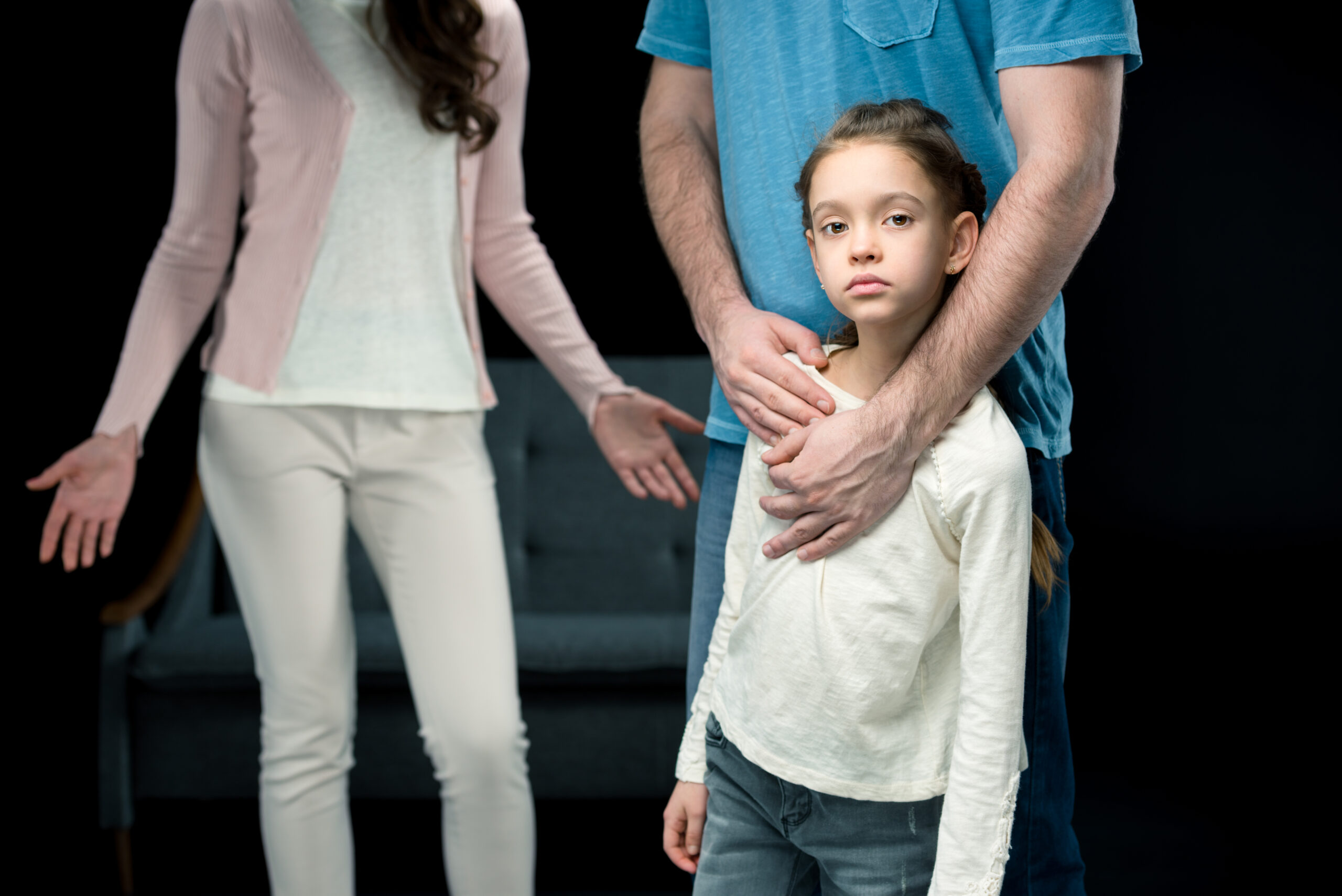Are you a parent or guardian seeking special education for your child? Do you hear about an SDC and leave wondering: what exactly is it? How does it work, and most importantly, might it be a good fit for my child?
Then read on as an IEP violation lawyer offers more details:
What Is An SDC?
Let’s begin with the basics: an SDC stands for Special Day Class, or an individual class within a public school designed for students requiring extra attention that cannot be afforded to them in a general education classroom. It is the space where the student works at his/her pace with teachers trained to meet his or her respective learning needs.
The rationale here is that some children need a little more support, right? Maybe the general classroom moves at a pace that is too swift or the climate just isn’t quite right for the students who have more pronounced learning disabilities or who have greater difficulties. That’s where the SDC fits in-providing the small, more focused environment in which each of these students receives the attention and more tailored instruction each deserves.
1. Who Attends SDC?
As our friends at K Altman Law can explain, students who attend SDCs often are students with an Individualized Education Program, or IEP, outlining specific goals, needs, and services specifically designed to aid students in achieving independence and success. Generally, students assigned to SDC situations usually experience moderate to severe learning disabilities that include autism, intellectual disability, emotional issues, or physical impairments.
2. Smaller Classes Means More Attention
One of the great benefits of an SDC is the class size: much, much smaller than you would experience in a regular classroom. Why does that matter? With fewer kids, teachers can spend more quality time with each and really focus on the child’s strengths and challenges.
Not just academically either. Teachers in SDCs will work on developing social skills, behaviors, and even daily life skills that can help increase the independence levels of the students and offer a holistic approach toward learning and meeting kids right where they are at.
Benefits Of Special Day Class (SDC)
Having defined what an SDC is, I would proceed with this by discussing its benefits. What exactly makes an SDC a great choice for special needs students? The benefits are immense, but to both the student and his family.
1. Customized Learning
Every child learns in his or her own special way, right? In an SDC, the curriculum is individualized to meet the needs and abilities and style of learning for each student. The teachers are not locked into one type of teaching.
This flexibility can make a world of difference for kids who need a little extra time to master new concepts or those who learn best through visual aids, hands-on activities, or more direct instruction.
2. Focused Attention And Support
One great thing about SDC classes is that students receive individualized attention. They have smaller classes and, therefore, more individualized instruction.
This way, one does not miss out on just because the class is huge, and a teacher may not have time to slow down to address an issue with one student. In SDC, teachers have the opportunity to engage more closely with students to know if they are at par.
3. A Safe, Structured Environment
For some children, a more structured environment is not that negative. Actually, some thrive in just this kind of setup, which is basically what an SDC provides. The classroom is often structured in terms of clear routines and predictable schedules and structured activities, helping the children feel secure and focused.
Related services like speech therapy, occupational therapy, or counseling are usually provided to the students in SDC as well and can be included in regular activities according to need.
4. Social And Emotional Development
It is also not an institution only to focus on academics. This school serves as a good place for many students to develop social skills and build emotional resilience.
Teachers in most SDCs engage with students to enhance communication skills, ways of cooperating with others, and other positive ways of dealing with interaction with various people. All these are skills pivotal to living well inside and outside classrooms in the long term.
Is SDC Right For Your Child?
So, how would you know that an SDC is right for your child? The answer really depends on the needs of your child. If the IEP team determines that the child needs to spend more time in individualized instruction, more structure, or smaller class sizes, then an SDC can be perfect for them.
Well, it’s all about what’s best for your child. If a child is not flourishing in the regular education setting, is not receiving individualized attention to succeed, or needs more help in order to realize his/her potential, then an SDC may be just the support that will enable him to succeed.
Think An SDC Is Just What Your Child Needs?
Speak to their IEP team and proceed with your discussion regarding this possibility. Every child deserves to have a learning environment in which they can thrive. Sometimes, a child simply needs the nurturing of an SDC to reach full potential.
Thank you to our friends at K Altman Law for the below blog.






